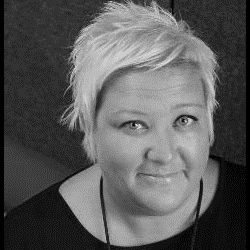
Dr Joanne Ashby
Senior Lecturer in Psychology at Manchester Metropolitan University. PhD at the University of Bradford. Research interests based within the field of social and health psychology. A specific interest in substance misuse and community treatment, particularly alcohol misuse, and how treatment programs have the potential to bring about positive behaviour change.
Currently lead qualitative researcher for a strand 3 of a wider Big Lottery funded research project lead by Professor Sarah Galvani that aims to explore the experiences of end of life care for substance misusers.
‘I’ve never been a problem patient’: service users’ experiences of end of life care
This research forms part of a larger study exploring current service responses to people who have both problematic substance use and who are receiving end of life or palliative care. Working with a community-voice organisation and various groups of healthcare practitioners, we are developing co-produced research in the overlap between the often disparate fields of end of life care and alcohol/drug use. In developing innovative methodologies that maximise how our research engages with and is shaped by people with lived experiences, we are aiming to learn more about the complexities of delivering end of life care to people with alcohol and other drug problems.
We have developed a ‘person-centered evolving qualitative research approach’ that aims to maximize genuine participatory involvement for communities of interest. By developing a range of participatory opportunities for ‘experts by experience’, we are designing, implementing, analysing and disseminating research to include a diverse range of people.
This presentation reports some of our early findings and aims to highlight the critical need for support for people with alcohol/drug problems who are facing the end of their lives. Furthermore, we will also explore our original participatory approach to the research process and evaluate how useful this framework is for engaging on a more genuine level with people facing the end of their lives.
Acknowledgements: This research is funded by the Big Lottery Fund.
November 2017